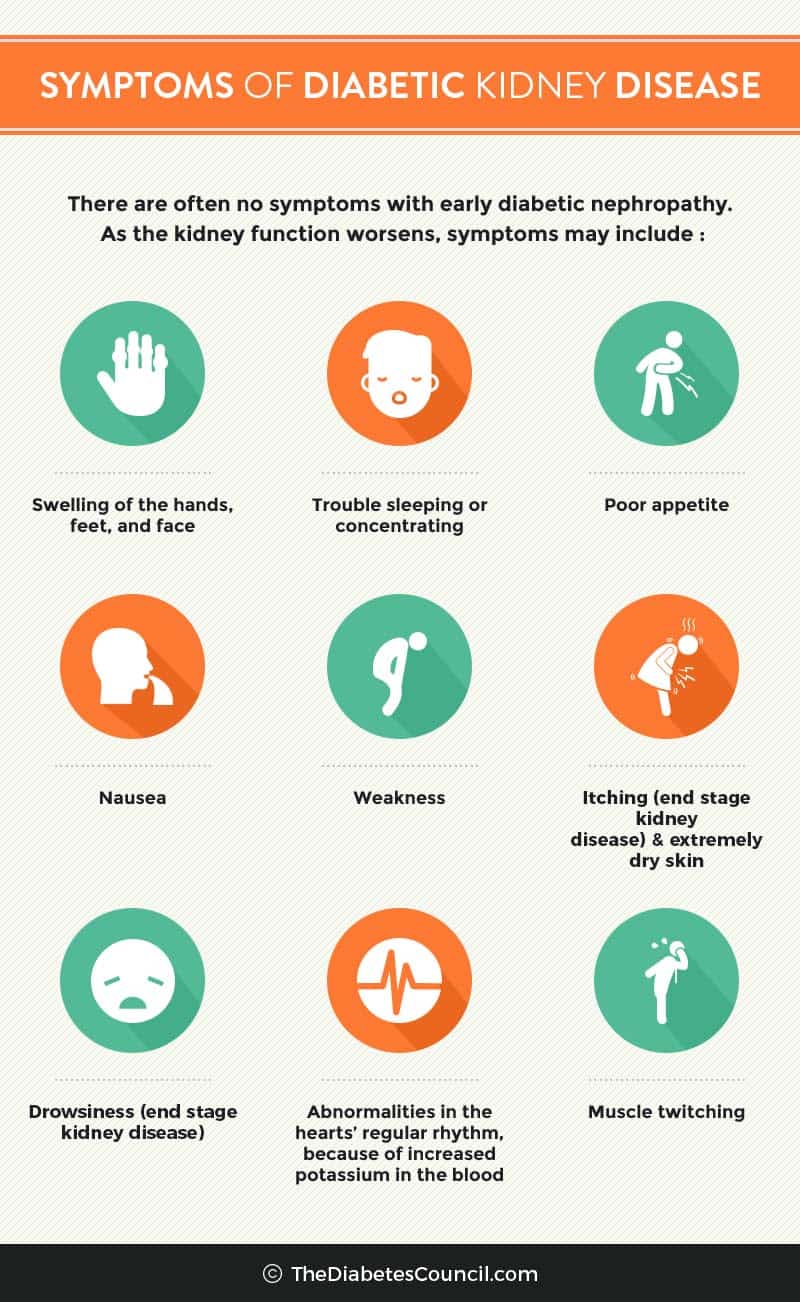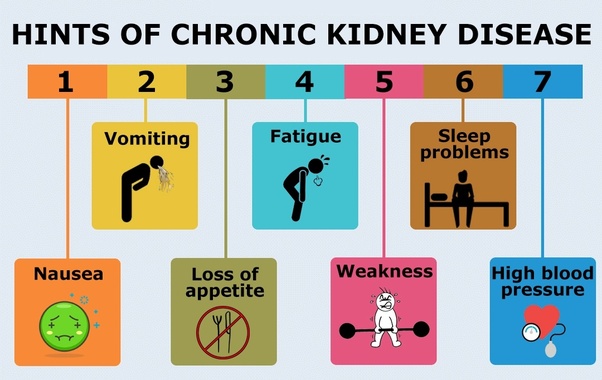Gout in knee is an inflammatory condition that causes swelling and pain in the knee joints. Gout causes sudden severe joint pain and it can come and go.
Gout is a complex form of arthritis that can affect anyone.
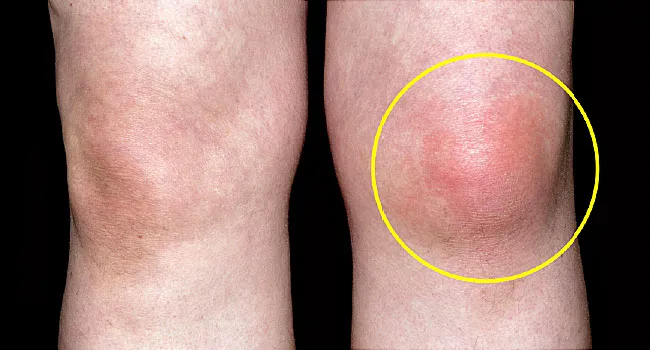
Gout symptoms knee. According to the NHS symptoms include. The pain is typically severe reflecting the severity of inflammation in the joint. Other symptoms can include.
The knee joint quickly becomes hot swollen and red and usually becomes extremely sore Night-Time Onset. Sudden and severe pain usually in the middle of the night or early morning Tenderness. The most common signs of a gout attack are.
It not only affects this joint but initially it may affect small joints of fingers of hand and leg in the later stage it may also affect large joints such as the ankle knee wrist and elbow joint. You should see a GP for treatment when you have an attack in order to ease the pain and stop further attacks. Gout is a type of arthritis caused by the buildup of uric acid in the joints.
Sudden onset of joint pain joint swelling heat in the affected area and. Symptoms in the affected joints may include. Gout knee symptoms usually start at night due to lower body temperatures.
Along with the big toe joints that are commonly affected are the lesser toe joints the ankle and the knee. The levels of uric acid in the blood are usually increased for many years before gout knee symptoms develop. This can cause discomfort in the surrounding region and makes joint movement difficult.
People with gout usually complain of their joints feeling hot swollen and extremely sore. The joint can also be warm to the touch and look red or purple. Gout in knee or gout knee is an inflammatory condition of the joint leading to swelling pain and redness of the knee.
It usually affects the joint at the base of the big toe. Is the most often found 90 at the first metatarsophalangeal jointSymptoms generally begin with a sudden onset of localized intense pain often occuring at nightThe pain may be great enough to awaken the patient. Common gout knee symptoms include.
Many gout attacks start at night and in the early stages of gout the person experiencing the first signals will typically ignore them. Chronic gout can lead to permanent joint stiffness damage and deformity. Pain is the main symptom of gout in the knee.
The characteristic feature of gout in the knee includes tenderness of the knee joint warmth around the knee joint swelling and pain of the affected articulation. The characteristic symptoms and signs of gout are. You must also remember that gout is unpredictable ie you might not experience symptoms for weeks or months and suddenly experience excruciating pain in.
Keep in mind that gout is often unpredictable regardless of the joint its. If you have pain swelling and redness at the base of the great toe then most likely it is due to gout. Gout is caused by a condition known as hyperuricemia where there is too much uric acid in the body.
Often more than one joint is affected. Some people with severe chronic gout have only short breaks in between attacks and feel symptoms of gout most of the time. Precipitating factors like food and drinks can cause excessive uric acid production known as hyperuricemia.
Sudden severe pain in any joint. These symptoms and signs usually affect a single joint. Its characterized by sudden and severe pain in the joints.
The main symptom of gout in the knee is pain and discomfort in the surrounding area. The main symptom of gout is a sudden attack of severe pain in one or more joints typically your big toe. The first signs of knee gout begin with simple twinges of pain or a low-level dull ache.
Chronic gout is having 2 or more gout attacks per year. Its a form of arthritis that causes pain stiffness tenderness redness warmth and swelling in one or more of your joints - commonly the knee or wrist. Heat Top of Page.
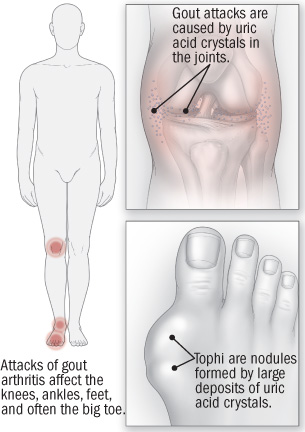
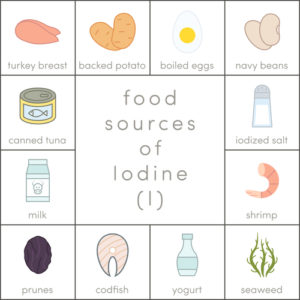




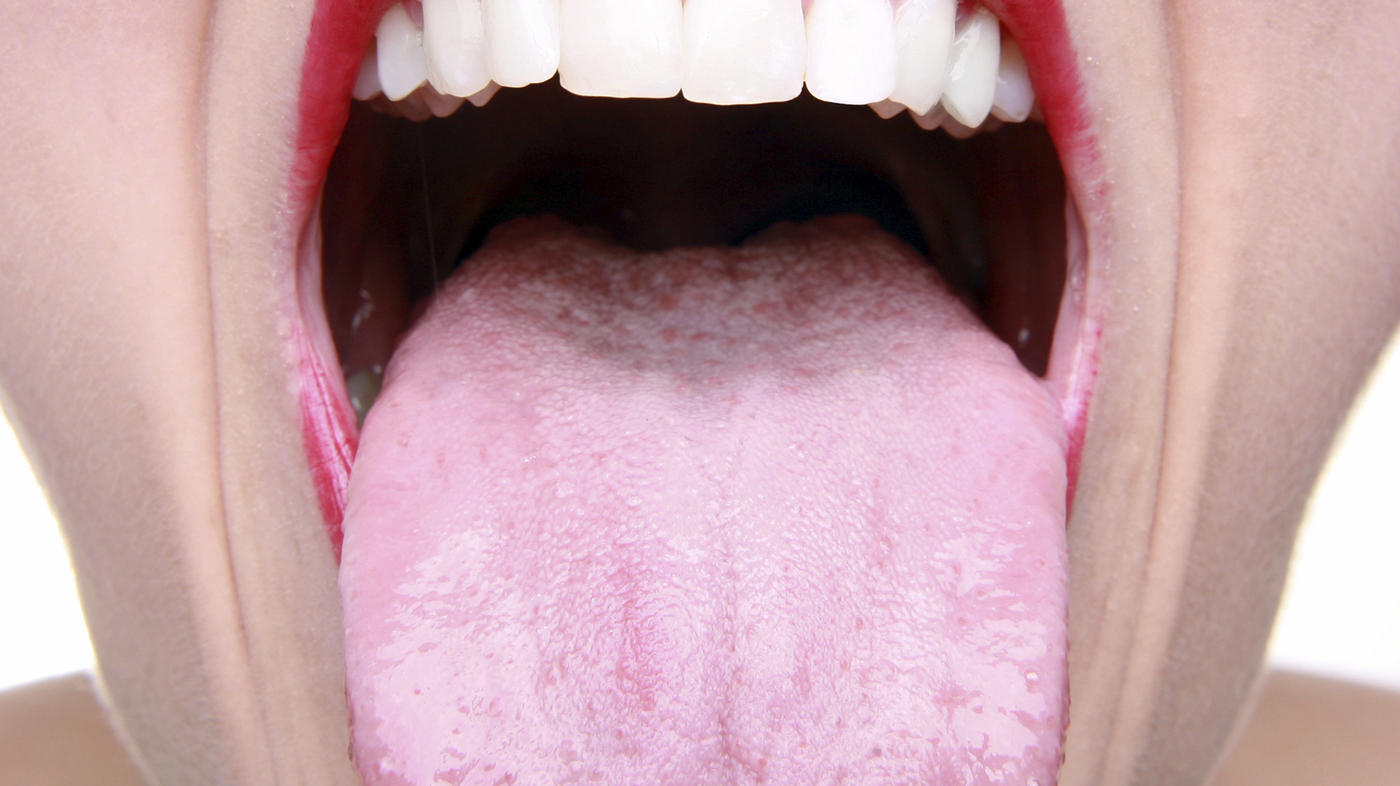

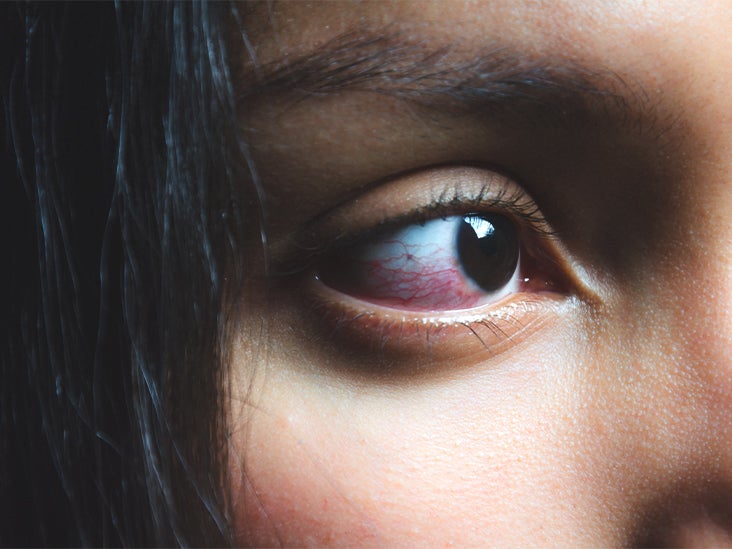
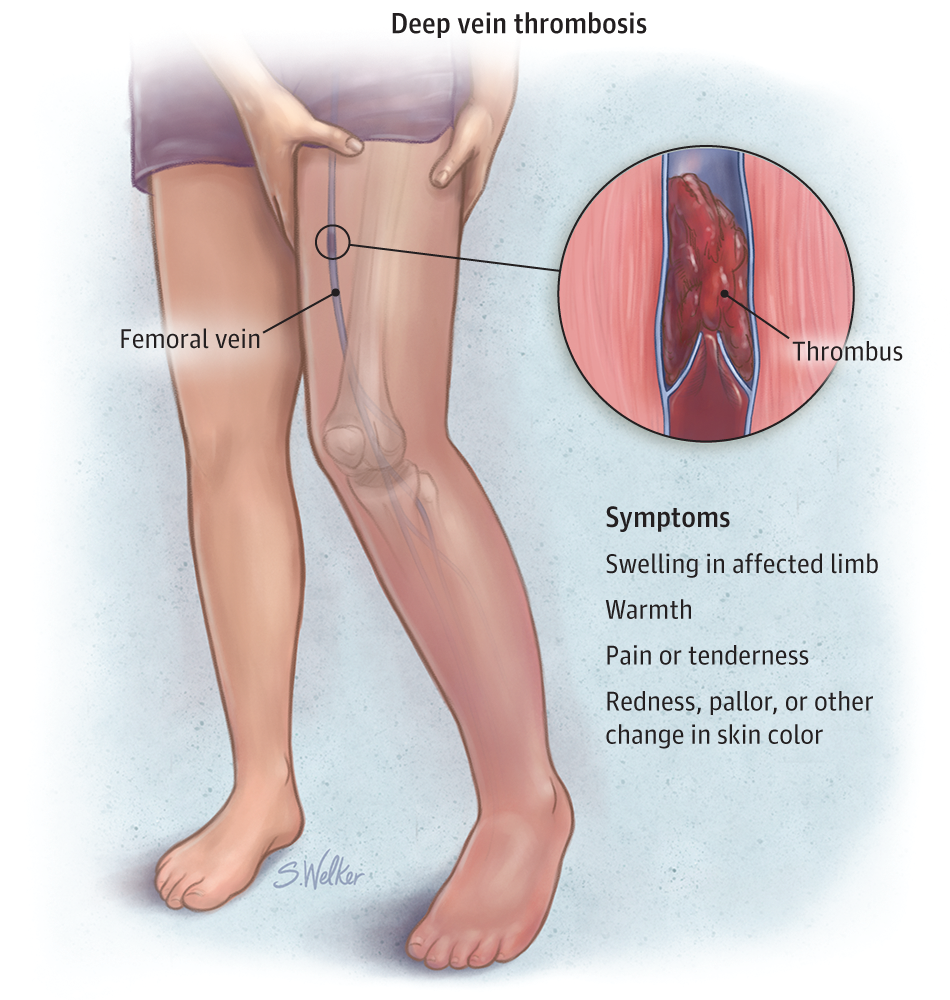
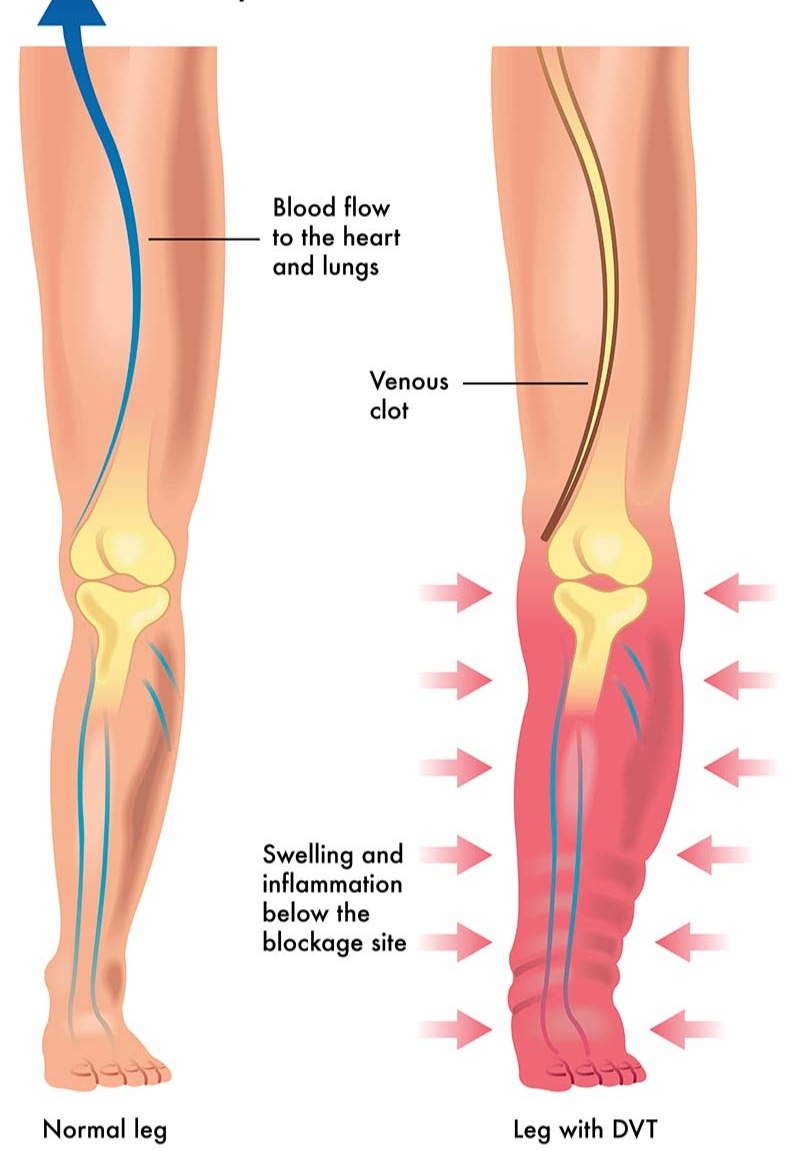

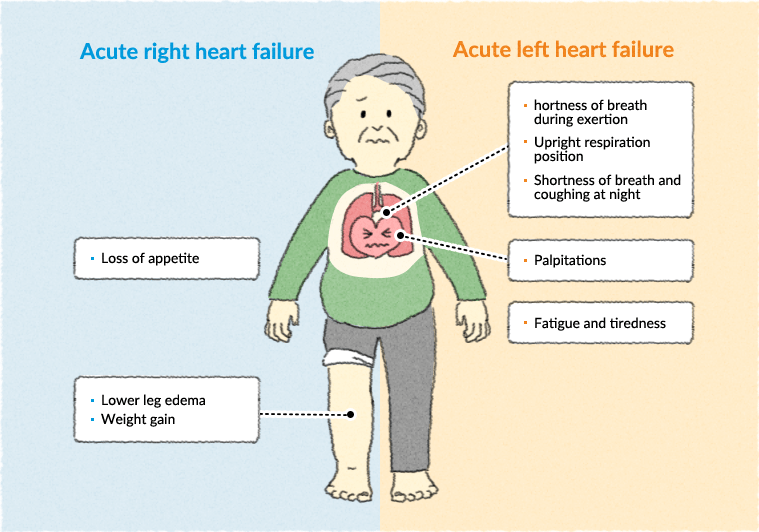

/muscular-dystrophy-symptoms1-5b4f989446e0fb003792719c.png)
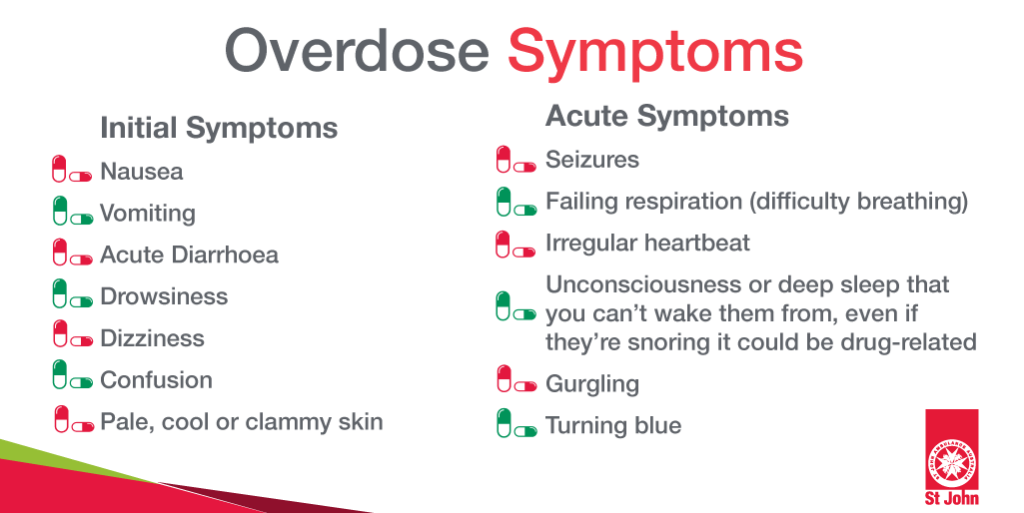





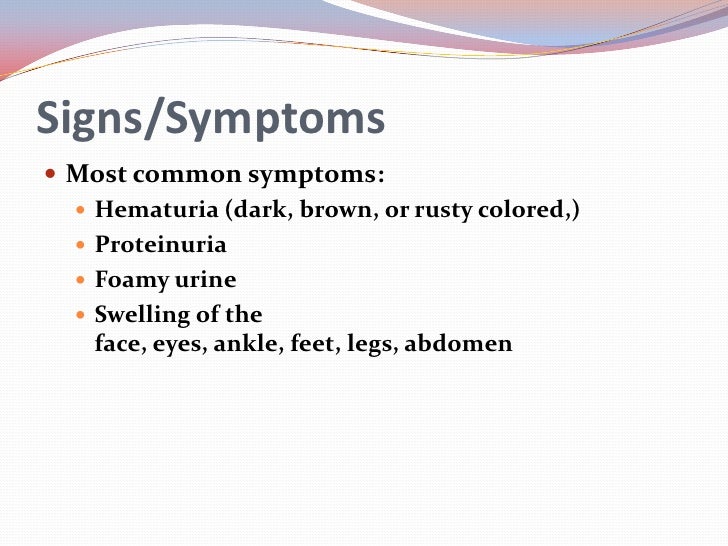


:max_bytes(150000):strip_icc()/stroke-symptoms-not-caused-by-strokes-31460321-5c4e3e25c9e77c00014afb33.png)






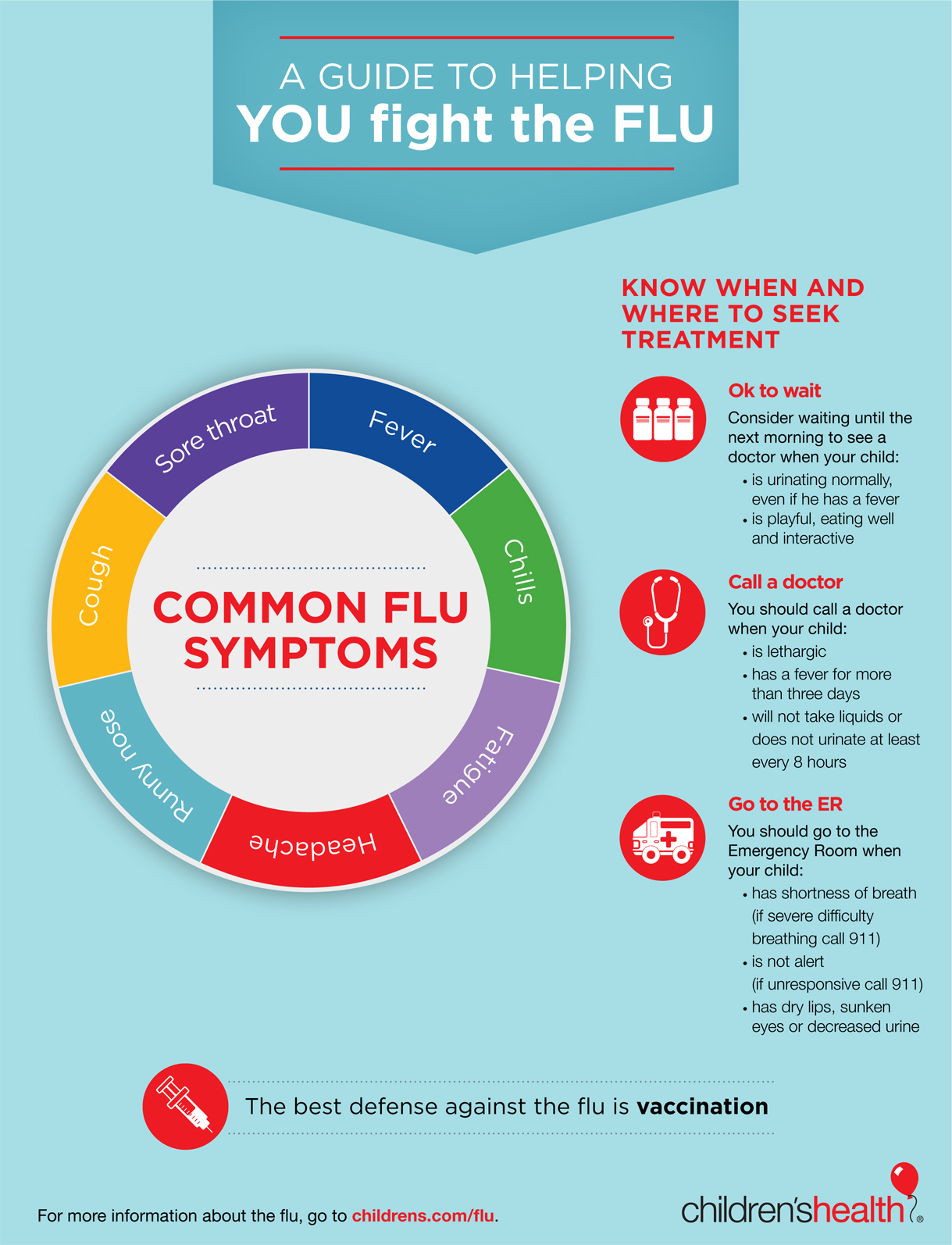
:max_bytes(150000):strip_icc()/a-day-by-day-look-at-h1n1-swine-flu-770511_color2-5b94a3ccc9e77c0082d41bd6.png)

:max_bytes(150000):strip_icc()/post-nasal-drip-remedies-89304-v2-b6e8c12cb2a64223afb130bb08e3f777.png)
